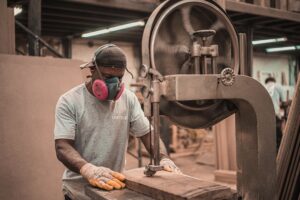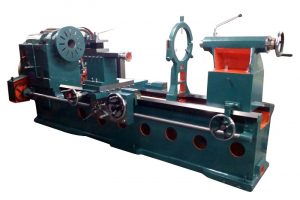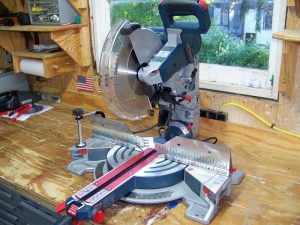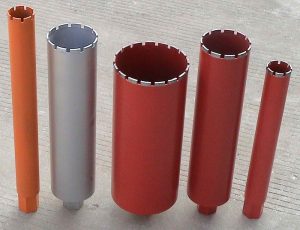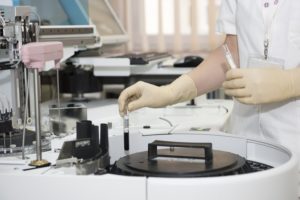What are the Proper Cleansing Techniques for Cleaning Common Laboratory Equipment?

In a laboratory, there are numerous items which are necessary for conducting experiments. These laboratory items include the general set of apparatus and also consist of many expensive types of equipment that are useful for research. But the general tools which are used for doing several experiments for collecting critical inferential data have to be cleaned in a proper manner; otherwise, the equipment won’t give the correct results.
Procedures for keeping lab equipment clean
Lab glassware forms a significant portion of laboratory tools, and users need to handle that with care. However, after using the beakers and other vessels, it is essential to clean the equipment so that it can get used again. If you do not do the cleaning properly, then the vessels or tubes might become unfit for use. Some general cleaning processes are discussed below:
- Generally while doing lab work test, tubes gets used regularly because the tubes are suitable for doing chemical or other kinds of experiments. Normally, the users heat the test tubes for boiling mixtures inside the tube for getting proper reactions. Test tubes also store reagents temporarily if kept uncorked. But in most cases, the test tubes are not cleaned properly after use. There is a specific brush available for cleaning test tubes, and people who work in labs should clean the test tubes thoroughly with water, and if residue remains inside the test tube after washing, then the test tube brush should be used for removing the grit or residue.
- Cleaning the beakers containing chemical solutions usually involves boiling it, and this leaves a layer on the bottom of the beaker. Therefore after regular washing with water a scrubber should be used to clean the bottom of the beakers. Brushes are also available for conical and other kinds of flasks; you should wash them so that experiments can be done suitably by using those beakers again.
- Glass droppers used for handling chemical needs thorough washing and every bit of the chemical should be squeezed out form the dropper. If you do not clean the droppers, then the residual chemical will remain inside the dropper and can alter reaction results when the same dropper gets used for another chemical.
- Petri dishes should be cleaned once the experiment or culture grows.
Measures for self-safety in a laboratory
In a laboratory, one has to work with some harmful chemicals so apart from keeping pieces of equipment clean and chemical free it is also essential to be cautious about one’s safety in a lab.
Remember the following points for maintaining safety:
- Wash the hands with soap and water after handling chemicals.
- Wear a full-size lab coat for protecting oneself from accidental spillages of chemicals.
- Wear protective goggles while dealing with highly reactive experimental procedures.
- Keep the mouth of the test tube away from oneself and others.
- Maintain a safe distance from boiling chemicals.
Hence, apart from maintaining the cleanliness of lab equipment personal safety should also be a priority.
Bio
Trudy is a Business Tech Analyst. He is very responsible towards his job. He loves to share his knowledge and experience with his friends and colleagues.

